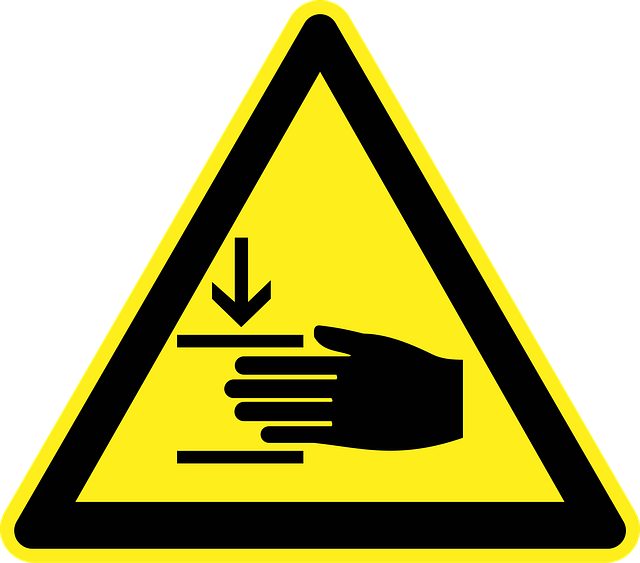After a Peoria injury, act quickly (2 years to file) and gather medical records for a strong case. Document pain, suffering, and recovery to claim fair compensation for physical & emotional distress. Consult an experienced Peoria Injury attorney for effective rights protection.
If you’ve experienced an injury in Peoria, understanding your legal rights is crucial. This comprehensive guide explores the essentials of seeking legal help in Peoria injury cases. We delve into navigating medical records, ensuring proper treatment, and compensating for pain and suffering. By understanding these key aspects, you’ll be better equipped to navigate the complexities of a Peoria injury claim, securing the justice and compensation you deserve.
- Understanding Your Legal Rights in Peoria Injury Cases
- Navigating Medical Records & Treatment After an Injury
- Compensating for Pain and Suffering: What to Expect
Understanding Your Legal Rights in Peoria Injury Cases

When you’re dealing with the aftermath of a Peoria injury, understanding your legal rights is crucial. In Arizona, everyone is entitled to fair compensation for injuries caused by another party’s negligence or intentional acts. This includes medical bills, lost wages, pain and suffering, and more. Knowing these rights empowers you to navigate the complex legal system effectively.
In Peoria injury cases, it’s important to remember that time is of the essence. You have a limited window to file a claim, typically within two years from the date of the incident. Prompt action ensures that evidence is preserved and your case has a stronger chance of success. Consult with an experienced attorney who specializes in personal injury law to discuss your specific situation and learn how they can help protect your rights.
Navigating Medical Records & Treatment After an Injury

Navigating medical records and treatment after an injury in Peoria can be a complex process, but it’s crucial for ensuring proper care and compensation. The first step involves gathering all relevant medical documents, including initial assessments, diagnostic reports, prescription records, and any follow-up treatments. These records are essential for building a solid case and demonstrating the extent of your injuries, especially when dealing with Peoria injury claims.
It’s important to keep track of every interaction with healthcare providers, as well as maintain copies of all bills and receipts related to medical expenses. Effective organization and documentation will streamline the legal process, ensuring that your Peoria injury lawyer has access to the necessary information to advocate for your rights and pursue fair compensation.
Compensating for Pain and Suffering: What to Expect

When dealing with a Peoria injury, one of the key aspects of compensation is understanding how pain and suffering are valued. Pain and suffering damages are intended to recognize and compensate for the physical and emotional distress caused by an injury. This can include not only acute pain but also any chronic or long-term discomfort that may persist after the initial healing period.
The amount awarded for pain and suffering varies widely based on several factors, including the severity of the injury, the duration of recovery, and how it impacts a person’s daily life. It’s important to document all aspects of your experience—from medical records detailing treatments and prescribed medications to accounts from friends and family describing changes in your behavior or abilities. This comprehensive approach ensures a more accurate reflection of your suffering, which can lead to a fairer compensation during legal proceedings for a Peoria injury.
If you’ve suffered an injury in Peoria, understanding your legal rights and navigating the complexities of medical records and compensation can seem daunting. This article has provided insights into these crucial aspects of a Peoria injury case, empowering you to take informed steps towards justice and recovery. Remember, seeking legal help is a vital step in ensuring you receive fair compensation for pain and suffering caused by someone else’s negligence.
